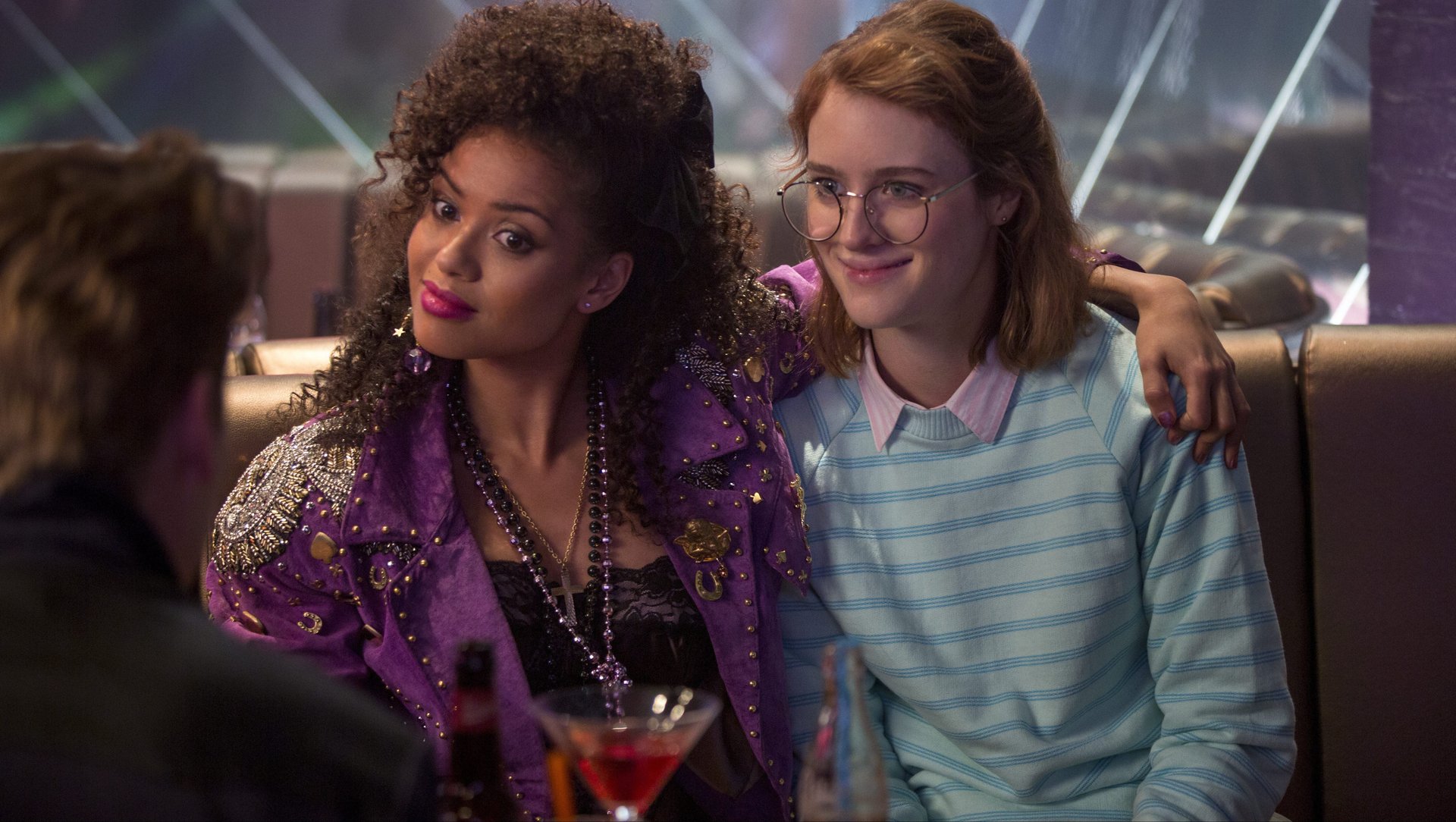The Emmys finally gave the LGBT community the recognition it deserves
LGBT actors have been waiting on their spotlight at the Emmys for a while.


LGBT actors have been waiting on their spotlight at the Emmys for a while.
Last year’s TV awards show came close, with four openly gay women taking home Emmy awards. But there was a feeling that too many LGBT roles had been played by non-LGBT actors. Actor Jeffrey Tambor, who won a 2016 Emmy for his portrayal of transgender woman Moira Pfefferman in Amazon’s Transparent, used his acceptance speech to demand that Hollywood “give transgender talent a chance. Give them auditions. Give them their story,” adding “I would be happy if I were the last cisgender male to play a transgender female.” This followed the disappointment of Laverne Cox, from Netflix’s Orange is the New Black, who in 2014 became the first openly transgender actor to be nominated for an Emmy, but didn’t win.
This year the tide finally turned.
Lena Waithe, the first black woman to take home the Emmy for comedy writing, won for co-writing and starring in the widely acclaimed “Thanksgiving” episode of Master of None, which streams on Netflix, with Aziz Ansari. The episode tells the story of Waithe coming out.
Waithe’s acceptance speech reserved a moment for addressing the “LGBTQIA family.” She said: “I see each and every one of you. The things that make us different…those are our super powers. Every day when you walk out the door and put on your imaginary cape, go out there and conquer the world because the world would not be as beautiful as it is without us in it.” She went on to thank everyone for embracing a “little Indian kid from South Carolina and a little queer black girl from the south side of Chicago.”
Waithe’s use of the acronym “LGBTQIA”—Lesbian, Gay, Bisexual, Transgender, Queer, Intersex, and Asexual—was a conscious nod to the breadth of sexualities and gender identities, and sparked comments on Twitter about the meanings of terms with which many people aren’t yet familiar.
Her win was also one of several to highlight stories about queer people of color.
Black Mirror’s San Junipero was another, clinching the Emmy award for TV movie. Written by Charlie Brooker for Netflix, the stand-out episode of the series chronicles a love story, set in a virtual world, between an older black woman and older white woman, who use technology to find each other and gain a second chance at love late in life. Elevating an interracial lesbian story with a happy ending felt poignant at a time when the LGBT and minority communities in the US are under stress.
“San Junipero was a story about love and love will defeat hatred, love will win,” Brooker told the Emmys audience, and then added in Brooker style: “But it might need a bit of help…. Maybe, if all the beautiful people in this auditorium could start to physically make love with each other—or yourselves.”
If there was a missed opportunity, it was RuPaul’s Drag Race, which lost the award for Best Reality Competition to The Voice, a decision one writer called “a travesty.” The elimination-style reality contest between drag queens, hosted by RuPaul Charles, has become a cultural force, with its fun, entertaining, and positive outlook on drag and the LGBT community. There’s always next year.